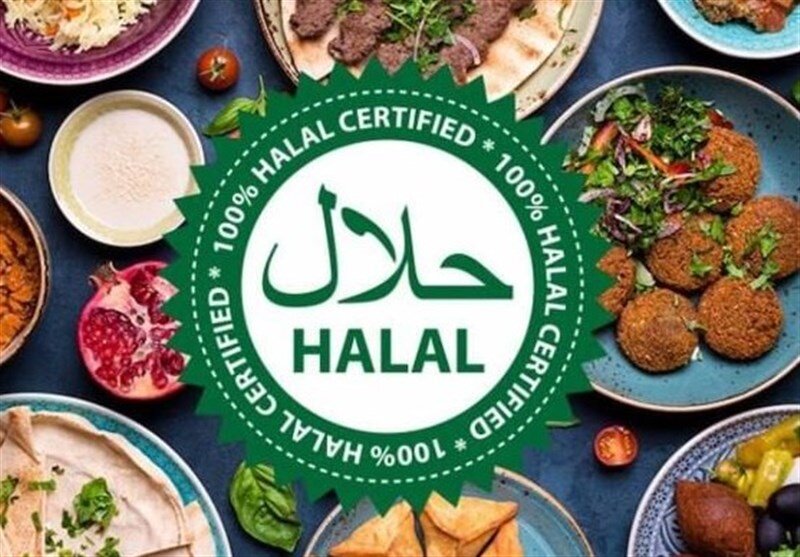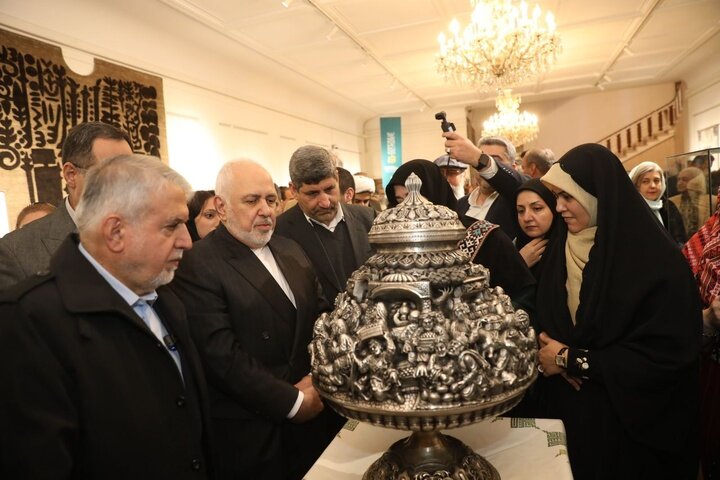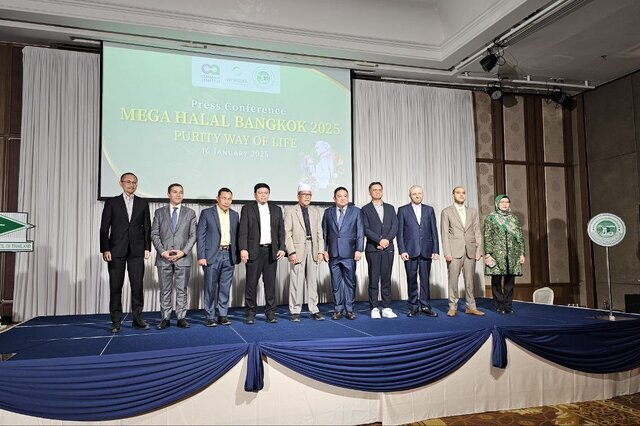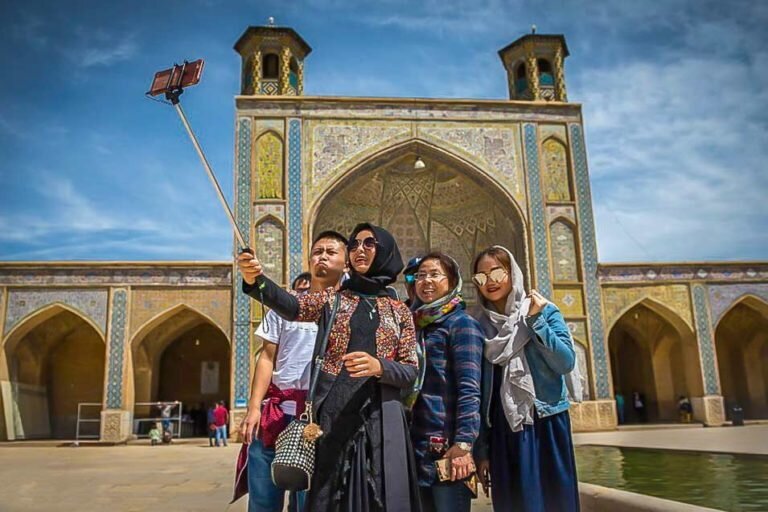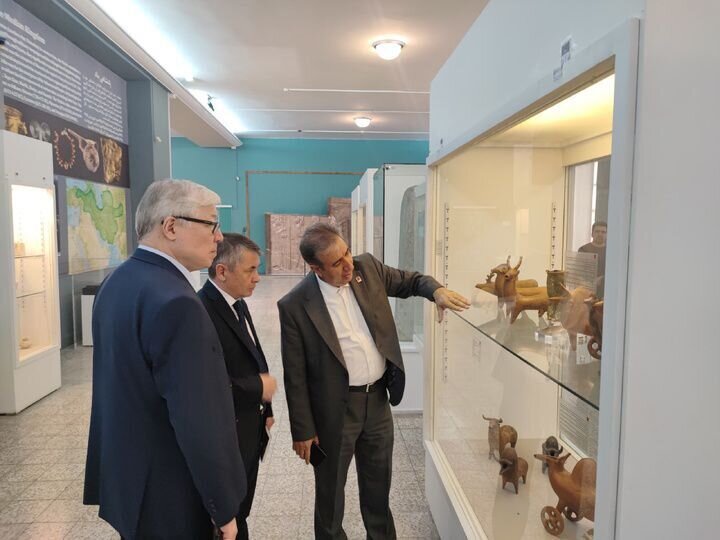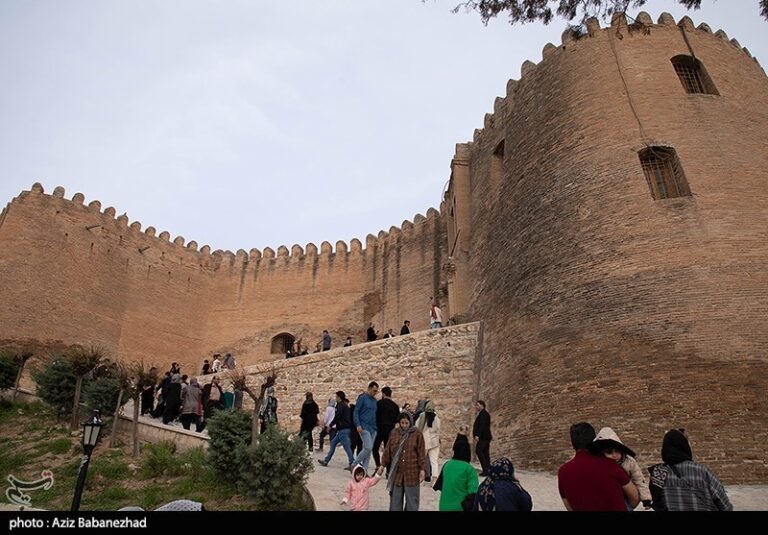Global Halal Tourism Market Set to Soar to $410 Billion by 2032: A Lucrative Future Awaits!
The global Halal tourism and Muslim-friendly travel market is poised for remarkable growth, with forecasts indicating its value could soar to $410.9 billion by 2032, a significant increase from $256.5 billion in 2023. As the demand for Halal tourism escalates, various popular travel destinations are rolling out initiatives aimed at attracting Muslim travelers and meeting their unique needs.
According to Crescent Rating, international Muslim tourist arrivals in the first half of 2024 reached an impressive 80 million, with expectations to rise to 230 million by 2028. This trend aligns with the overall expansion of the Islamic Halal economy, which encompasses tourism, investments, and other sectors. Analysts predict that the Halal economy will reach a staggering $7.7 trillion by 2024, more than doubling its $3.2 trillion valuation in 2015.
Halal, an Arabic word meaning “permitted,” refers not only to food but also to travel experiences that adhere to Islamic principles. The concept of Halal tourism includes a variety of services designed to cater specifically to Muslim travelers. Here are some key components that define Halal tourism:
- Halal Food Options: Availability of meals prepared according to Islamic dietary laws.
- Prayer Facilities: Accessibility to prayer rooms or mosques.
- Gender-Segregated Amenities: Services and areas that are separated by gender to ensure comfort.
- Alcohol-Free Accommodations: Hotels and resorts that do not serve alcohol or have gambling facilities.
The rise in Muslim-friendly travel is not just a trend; it reflects a growing recognition of the diverse needs of Muslim travelers. Destinations worldwide are adapting to this demand through various strategies:
- Infrastructure Development: Improving facilities that cater to the needs of Muslim tourists, such as prayer rooms in airports and hotels.
- Marketing Campaigns: Targeted marketing efforts to promote Halal-friendly services and attractions.
- Partnerships with Halal Certification Bodies: Collaborating with organizations to ensure compliance with Halal standards.
- Training for Staff: Educating hospitality staff on the cultural and religious needs of Muslim guests.
As the Halal tourism market continues to grow, several regions are emerging as key players in attracting Muslim travelers. Countries such as Malaysia, Turkey, and Indonesia are leading the way by offering comprehensive Halal tourism experiences. These destinations provide not only Halal food and prayer facilities but also cultural experiences that resonate with Muslim travelers.
Furthermore, many European countries are recognizing the potential of the Muslim travel market. Cities like London, Paris, and Istanbul are enhancing their offerings to appeal to Muslim tourists, including providing Halal food options and establishing prayer spaces in popular tourist areas.
The increasing interest in Halal tourism is also supported by advancements in technology. Digital platforms and mobile applications are now available, facilitating access to Halal-friendly services and information. These tools help travelers plan their trips with ease, ensuring that their religious and cultural requirements are met.
In addition to individual travelers, the rise of group travel among Muslim communities is contributing to the growth of Halal tourism. Families and friends are seeking travel experiences that allow them to explore new destinations while adhering to their faith. This shift has encouraged travel agencies to create tailored packages that focus on Halal-friendly itineraries.
As we look to the future, the Halal tourism market is expected to become an integral part of the global travel industry. Stakeholders, including governments, travel agencies, and hospitality providers, must continue to innovate and adapt to meet the evolving demands of Muslim travelers. By doing so, they not only enhance the travel experience for this demographic but also tap into a lucrative market with immense potential for growth.
In conclusion, the global Halal tourism sector is on an upward trajectory, with significant implications for the travel industry. As the market evolves, it is crucial for destinations to embrace this trend and provide services that cater to the needs of Muslim travelers. This not only fosters inclusivity but also enhances cultural understanding and appreciation among diverse communities.
